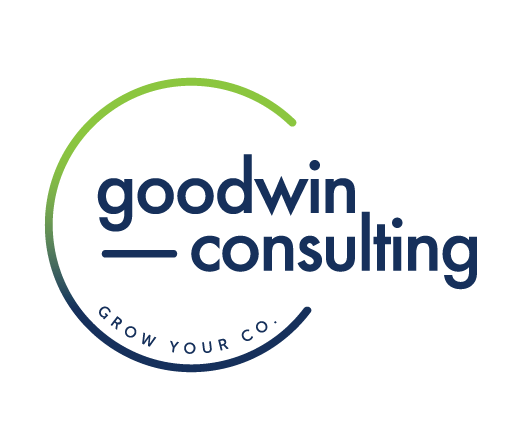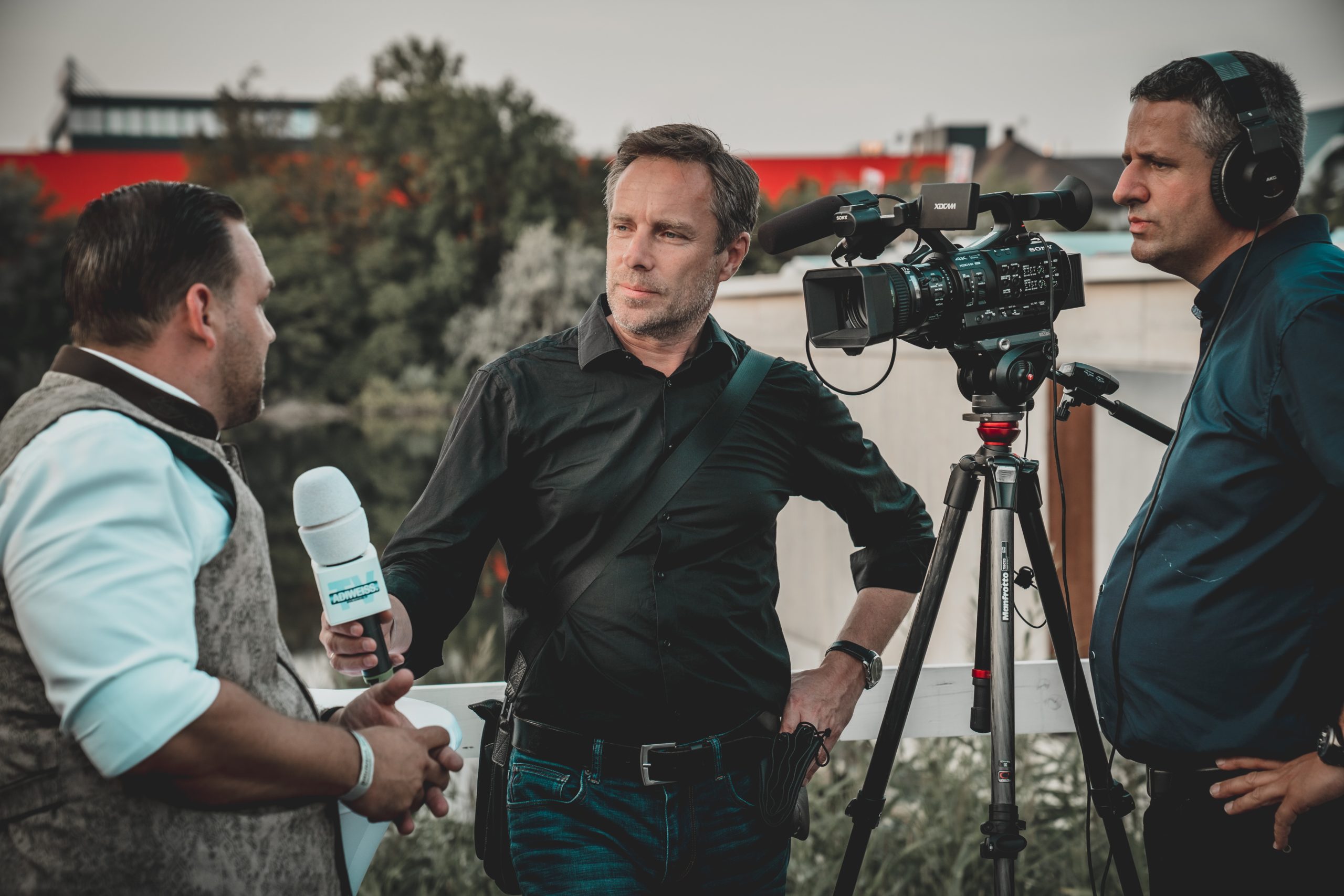I’m all about transparency, so I like to be clear with my clients that PR is a long game. It takes time and effort to secure an interview with a journalist, and the work certainly doesn’t end there. Interviews with the media are challenging, and without proper media preparation and training, a great opportunity can easily devolve into a nightmare.
Unfortunately, there are myriad ways that media interviews can go sideways. I can’t count how many times I’ve heard people say that they were misquoted, unhappy with the article, or that the journalist got their message wrong.
All of these adverse outcomes stem from inadequate preparation and media training.
What Is Media Training?
Media training prepares interview subjects for successful interactions with the media. Contrary to popular belief, it’s not just for politicians and celebrities! It can be beneficial for anyone seeking publicity for themselves or their organization.
When my clients and I work together on media training, I teach them how to hone and communicate their message to others. While media training is best done with professionals who can facilitate practice sessions and give detailed feedback, there are several general tips that anyone can and should use in their interview preparation.
7 Tips for Nailing Your Interview
You’ve done the hard work to score an interview for your company. That’s a huge PR win! Keep the momentum going by following these tips to knock the interview out of the park.
1. Develop your three key points
During an interview, you have limited time to get your message across. The best way to ensure you say what you need to say is by pre-identifying three key message points and sticking to them.
This approach puts you in control of the interview, giving you anchor points to circle back to and reinforce as the conversation continues. Additionally, it keeps you on message and prevents you from saying something erroneous or regrettable.
2. Don’t get rattled by the reporter
Reporters have strategies to try and get interview subjects to expand beyond their talking points. They may rephrase their questions to get you to answer differently or leverage silence to see if you’ll add anything more. These tactics are designed to elicit more information—and they’re incredibly effective on untrained interview subjects!
While it’s universally uncomfortable to sit in silence with anyone, especially a reporter, knowing that you can expect these tactics will help keep you from divulging too much information in a moment of high anxiety. Simply ask them, “Do you have other questions for me?”
3. Mind your visuals
Being on camera can be stressful to those who aren’t used to being in that space. There’s nothing worse than having a good interview but hating how you look on tape. The visual aspects matter during a video interview, so follow these guidelines to appear polished and professional:
- Avoid bright colors, patterns, and stripes
- If it’s a Zoom interview, ensure you have good lighting, a neutral background, and a proper video angle
- Try not to fidget
- Avoid wearing chunky jewelry that makes noise while you talk or move
- If you’re wearing a suit jacket, sit slightly on the back end of the coat to make it look straighter and more polished (it works!)
4. Try role-playing
It can be difficult to predict how your answers will come across until after the fact, so my clients and I will often role-play on camera during our preparation: I’ll act as the interviewer, and they’ll act as themselves.
The mock interview starts with softball questions and eventually transitions to questions that are more challenging. When we’re done, we watch the video and dissect it to see where they can improve. Invariably, the next on-camera role-play we do shows a dramatic improvement.
5. Keep rehearsing!
Media fluency is a muscle that must be exercised. Practicing your answers to questions once a day in the mirror can make a huge difference in the outcome of your interview.
One client who went through media training with me had a long way to go before being camera-ready. When he finally got in front of the camera for the first time, he did such a phenomenal job that I was stunned. I asked him how he turned it around. His answer? He practiced what we worked on together daily in the mirror while shaving. Practice truly does make perfect!
6. Utilize bridging
No matter how chummy you are with journalists, remember that they are not your friends. They have a job to do, and they may catch you off guard with an unhelpful or negative question.
When this happens, I advise clients to avoid the phrase “no comment,” which can make anyone sound evasive or even guilty. Instead, try leveraging a technique known as bridging. Bridging consists of introducing or restating your key messages to pivot to a topic you’re more comfortable discussing. An example: “Although we don’t have the data to answer that question, what I can tell you is. . . [fill in the blank with your messaging].”
7. Never go off the record
I learned this lesson the hard way early in my career while working for William Weld, the former Governor of Massachusetts. I was advocating on his behalf for a reorganization plan which would have effectively gutted the government agency I was working for—meaning that if the plan went through, our jobs in the agency would likely be cut. Nevertheless, I had to speak supportively of the plan. Ultimately, his reorganization plan was not supported by the legislature and failed.
At the time, I had developed a good relationship with one of the reporters for The Boston Globe. I spoke to him every day for several weeks during this process. In our last call, he asked me, off the record, if I was glad that the reorganization was DOA. Since he said we were off the record, and I trusted him based on the relationship I thought we had, I said, “Of course, we dodged a bullet.” Sure enough, the quote, attributed to me and identified as the Governor’s housing agency spokeswoman, was on the front page of The Boston Globe the next day. When I called him out on it, he said it was “too good not to use.”
I was lucky that I didn’t get fired. Now, I always tell my clients to assume that nothing is off the record. Though many journalists have high standards for integrity and will honor off-the-record conversations, there’s no way to predict which ones will burn you.
It’s always a good time to prepare for your first media interview! Get in touch today to ensure your next media hit is a “Good-win” for your company—pun intended!

